Call Us By Our Name
Right after graduating from California State University, I got an incredible opportunity—a family friend referred me for a role on the public relations team in a tech start-up. Based in Mountain View, California at a time when start-ups were popping up around the region, this was a huge opportunity to get a position in my major and in a community where I was born, raised, and educated.
On my first day, I was like a kid on the first day of school: I had on a new outfit and my hair was fly. I was eager to meet everyone, see my desk, and get started. But before I could dive in, I had to first meet with human resources. After entering the building, I took a deep breath and made my way down a corridor. I expected to receive a predictable HR rundown–details about my healthcare plan, PTO, and how to login to my computer. And while I did receive that typical first day intro, I also received something unexpected: an intimate meeting with the company’s chief legal counsel making a suggestion (that was really more than a suggestion) to change my name.
Together, the lawyer and HR representative explained that I wouldn’t be able to represent the company using my given name. “Is there another name you could use?” they asked. Being the go-along-to-get-along, just-happy-to-be-there young person that I was, I didn’t ask any questions. I didn’t push back. I accepted it and I told them that I would go by my middle name, which is a tribute to my grandmother, Jewell, the woman that I was named after, but never met.
Years later, while working at my sixth job, where I had earned the title of Director of Marketing Communications, my vision began to go blurry. While sitting at my desk, I felt dizzy. Thankfully, I remembered that there was a retired nurse that worked on my floor. Barely able to see, blinded by the pain in my head, I made it to her desk and described what I was feeling. She said, “If you can't see, you need to go home.” Without missing a beat, I replied, “I can't. I've got work to do.” I went back to my desk and I worked for another two or three hours.
While I sat there squinting at my screen, I started to remember who I was at 25, at that first job. I was so eager to please and to be pleasing to others. The desire to fit in resulted in me changing my name, and in some ways, changing my identity. For years, I did this same thing, over and over again, trying to give myself the opportunity to have an opportunity. Using family names that were racially ambiguous led to interviews and got me into rooms where I could be judged by my education, skillset, and experience. With each new role, another piece of myself that I was willing to sacrifice for this career fell away.
I held the stress of all of this shapeshifting in my body, and my work, my physical health, and my mental health suffered as a result.
When I was finally ready to face my fears, I did some reading and exploration to learn more about what I was doing and why I was doing it. I learned that what I was experiencing wasn’t as personal as I thought. It was systemic. I read that other women of color were suffering in the workplace just like I was. Understanding that I wasn’t alone brought relief, and it also lit a fire. I knew that I couldn’t just accept this as the cost of doing business, the price I had to pay for being born a Black woman in America. Instead, I decided to create a healing space, a circle for storytelling, a platform for podcasts and digital and in-person connection. These are places where Black women could remove their masks, find their community, and learn that they, too, are not alone.
This work became a nonprofit organization, BlackFemaleProject, and it inspired my leap into entrepreneurship. In 2014, I established my marketing and communications firm, PJS Consultants. Precious Jewell Stroud Consultants. On the website. On the letterhead. On the invoices. I’m so thankful to have gotten to the point of fully embracing my identity, no longer siphoning off parts of myself to appease the status quo. I’m grateful to have a deep and clear understanding of why it truly matters to stand in my wholeness, and to ensure that I’m called by my name, regardless of what others think about it.
-Precious J. Stroud
